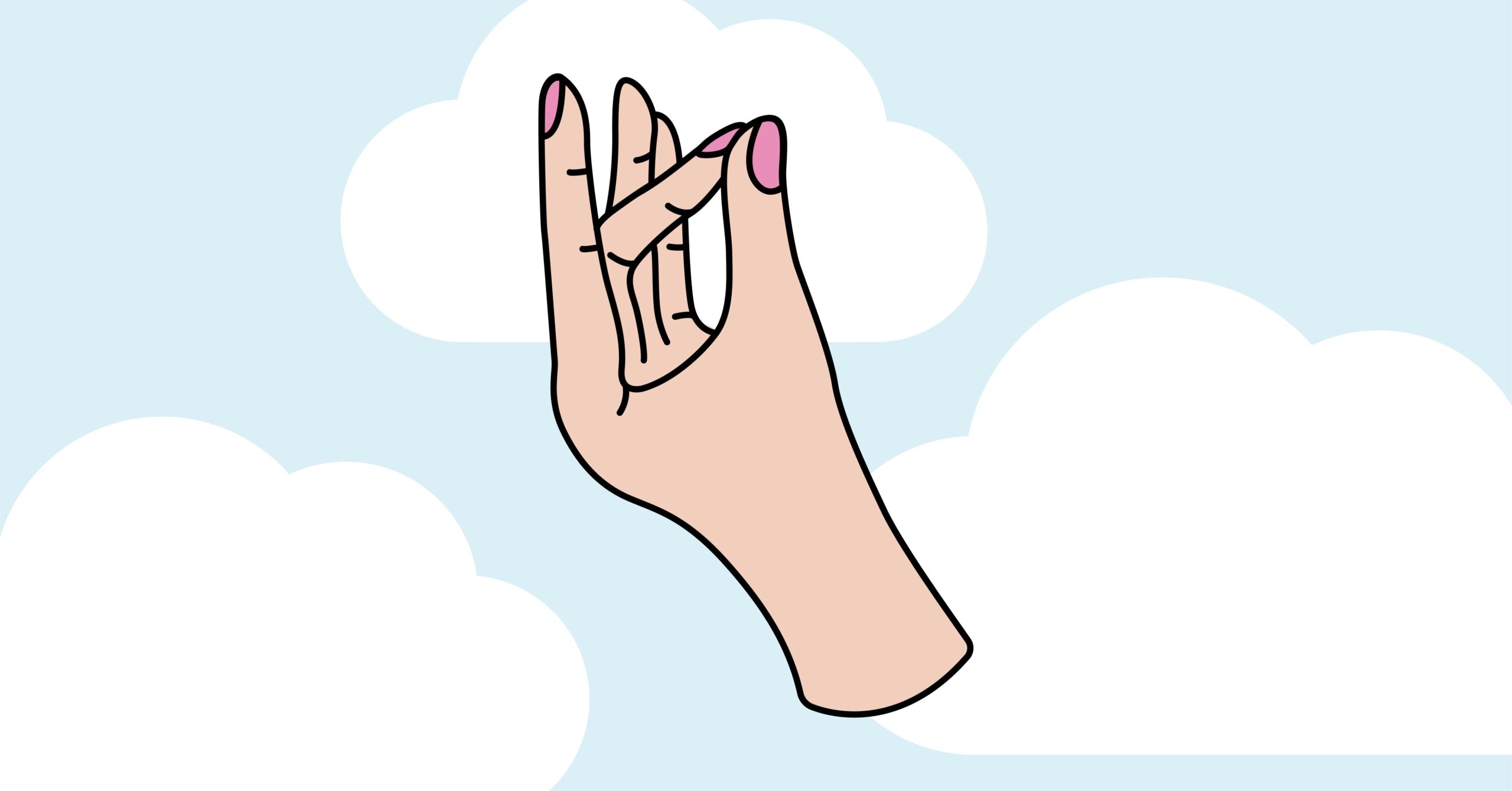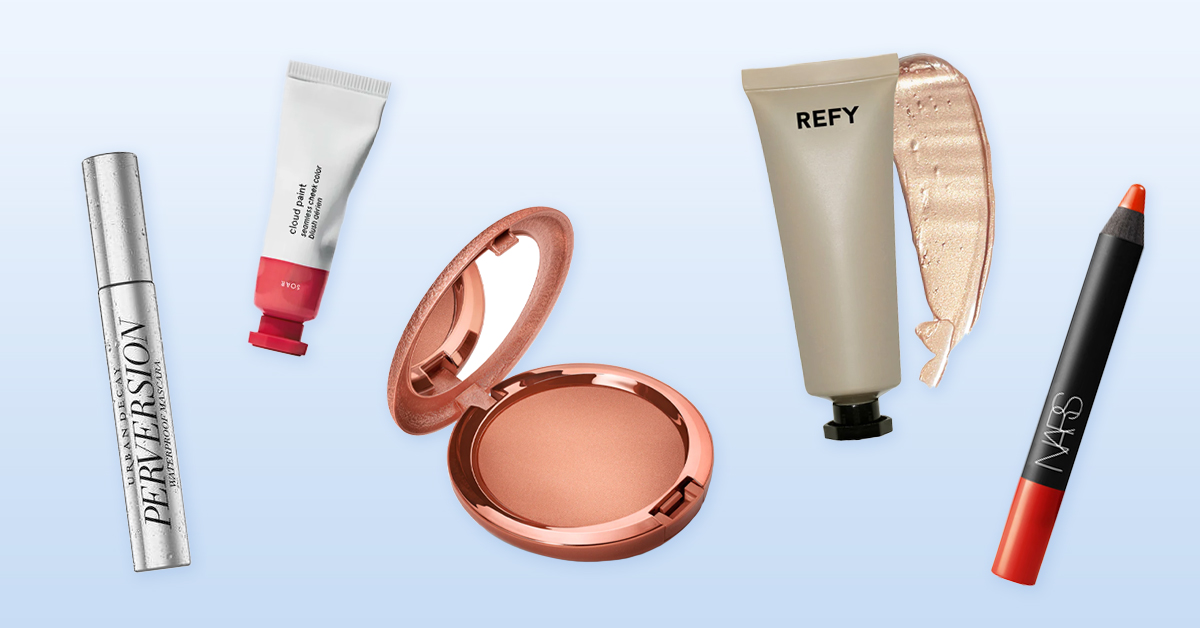For most women, one surefire sign it’s that time of the month is excessive belly bloat. In fact, Women’s Health estimates that nearly two-thirds of women experience uncomfortable bloating right before, and during, their period every month. This is caused by fluctuating hormone levels. You might experience accompanying cramps, fatigue, and digestive issues, too.
Luckily, you don’t have to dread Aunt Flo’s visit every month — here are eight ways to reduce menstrual bloating:
1. Eat more high-potassium and protein-rich foods
Potassium is sodium’s counterpart. It helps rid your body of excess water, which relieves bloating. Foods high in potassium include bananas, sweet potatoes, tomatoes, spinach,
Protein, too, reduces fluid retention. Meat, tofu, cheese, beans
2. Exercise regularly
Probably the last thing you feel like doing when you’re on your period is exercising. But regular exercise helps to reduce menstrual bloating. This is because cardio speeds up your digestive system and helps you to sweat out excess fluid. Try lighter activities during that special time of the month, such as swimming, walking or yoga.
3. Ditch carbs and sugar
Carbs, especially simple carbs, and refined sugars are big sources of belly bloat. Both increase water retention, making you even more bloated. According to Woman’s Day, “Every carbohydrate that your body stores
Fear not, though — delicious, healthy carb alternatives include spiralized vegetables that can be used instead of pasta. What’s more, you can use all natural sugar-free alternatives, such as stevia, in place of refined sugars.
4. Up your water intake
It might sound counter-intuitive, but upping your water intake actually helps to flush excess water from your body. A good rule of thumb is to drink at least half an ounce of water per pound of body weight. So if you weigh 140 pounds, you should aim to drink 70 ounces, or nearly 9 cups of water, a day.
Want to really reduce menstrual bloating? Then add some cucumber or lemon slices to water. Both are natural diuretics.

5. Get extra beauty sleep
Sleep is important, especially when it’s that time of the month. And getting enough shut-eye can help reduce menstrual bloating. This is because, during sleep, your body eliminates any excess fluid. You should try to get between eight and ten hours of sleep a night. Most women need more sleep than usual while menstruating, too.
6. Take your vitamins
Ensuring optimal nutrition can reduce bloating and other menstrual symptoms. Since it’s virtually impossible to get all the nutrients you need from your diet, taking vitamins
7. Say no to salt
This one is common sense. Eating salty foods while on your period can be a double-whammy for bloating. Sodium promotes water retention, leading to temporary weight gain and uncomfortable bloating. Only eat foods low in sodium, and avoid processed, frozen, or prepared foods. You should consume no more than 1,500 mg of sodium a day.
8. Pop some Midol
Midol is an over-the-counter medication that reduces fatigue, cramping, and bloating during your period. It contains acetaminophen, a pain reliever, along with caffeine, which acts as a diuretic and stimulant. One thing to note is you should avoid alcoholic beverages when taking Midol.
BYE-BYE, BELLY BLOAT
While receiving a monthly visit from Aunt Flo is never fun, you can reduce unpleasant menstrual symptoms by exercising, getting enough sleep, and eating right. Follow the above tips, and menstrual bloating doesn’t have to get in the way of life.
References
1. “12 Simple Ways to Beat Bloating,” Woman’s Day, October 6, 2017.
2. “17 Science-Backed Ways to Beat PMS Without Birth Control,” Cosmopolitan, July 27, 2015.
3. “8 Ways to De-Bloat When You Have Your Period,” Women’s Health, April 29, 2016.
4. “14 Ways to Reduce Bloating During Your Period,” Bustle, March 3, 2017.
















